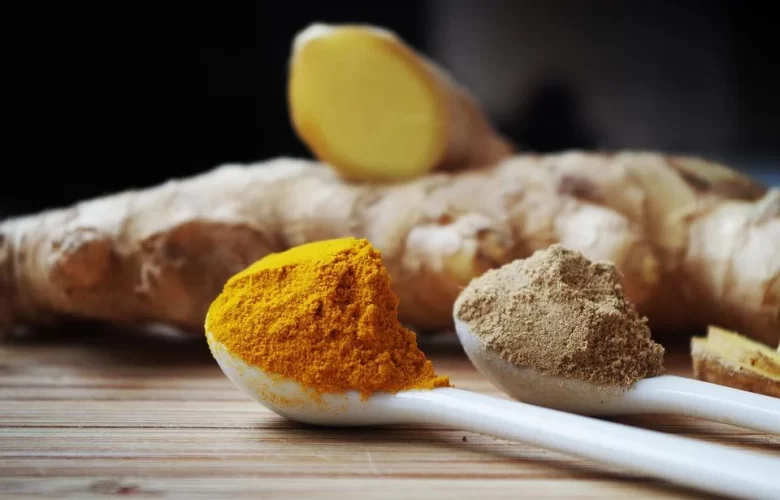Ginger’s close relative, turmeric, is a spice common in Southeast Asian, Middle Eastern, and Indian cuisine. However, it’s also been used for treating health-related issues. In fact, studies suggest that curcumin—turmeric’s principal curcuminoid—potentially has anticancer effects. With that said, we’ll cover some of the super food’s benefits for health and wellness.
1.Depression
Turmeric contains several compounds that can support one’s health, and one of the most popular of these is curcumin. In addition, research shows that it may address a number of conditions, including depression, from mild cases to major ones. Best of all, it’s not only a potentially effective treatment method, but it’s also natural and safe.
2. Diabetes
Since curcumin also has anti-inflammatory properties and ensures that blood levels remain steady, it could also be a way to treat or prevent diabetes and other similar complications. Still, keep in mind that the consumption of turmeric-based goods must be paired with good diabetes management practices. In other words, you must still maintain a healthy and balanced lifestyle to achieve the desired outcome.
3. Pain relief
As was mentioned earlier, turmeric’s active compound, curcumin, has anti-inflammatory and antioxidant properties. So much like ginger, it’s been known to have the ability to reduce pain, similar to many over-the-counter drugs. In many studies, it can minimize rheumatoid arthritis, Crohn’s disease, post-operative inflammation, stomach ulcers, and more. For this reason, many products for pain relief, like turmeric cream, contain this compound.
4. Viral infections
Whenever you’re feeling ill or about to get sick, it’s worth considering making turmeric tea. After all, curcumin may help support your immune system and fight off various viruses like the flu or herpes. Also, because of its antiviral properties, it’s worth using to keep yourself from getting sick if you’re already starting to feel like you’re about to fall ill.
This dentist who does high-quality teeth whitening in Lunenburg also adds that, if used properly, turmeric could prevent gingivitis because of the curcumin it contains.
5. Alzheimer’s disease
People who suffer from Alzheimer’s disease have been found to have chronic inflammation. Because of the anti-inflammatory properties of curcumin, there’s a chance that it may help ease the condition. While there may not be any strong evidence or studies to support its ability to fight off Alzheimer’s, it could potentially help prevent it from happening in the first place.
6. Headaches
It’s not surprising that turmeric is frequently recommended for those who have headaches or migraines. Ginger, its cousin, has properties that can treat them, after all. However, keep in mind that there’s not a lot of scientific evidence that shows it can prevent or treat headaches. So temper your expectations when using turmeric to ease it.
7. Cancer
Turmeric has shown that it can reduce, if not stop, tumor cells from growing. It can also aid in detoxifying enzymes, and so much more. As a result, it could be an effective treatment for cancer. But you need to consult with your doctor before you commit to it, as it could potentially interfere with your current treatment.
Conclusion
It’s easy to see why many continue to sing turmeric’s praises. Apart from the flavor, it can add to dishes, and it also has a wide variety of medicinal properties. So make sure that you include turmeric as a part of your diet.
Hello, I am a professional writer, with more than 10 years of writing experience. I love to write on the science related subjects and share knowledge with my readers. I hope all my reader friends will enjoy my work.

